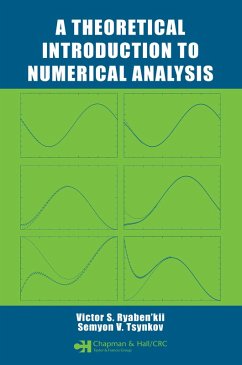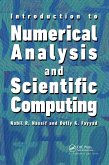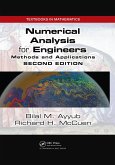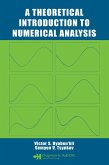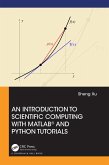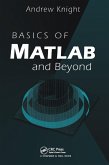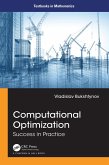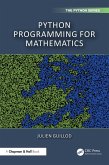An access
Dieser Download kann aus rechtlichen Gründen nur mit Rechnungsadresse in A, B, BG, CY, CZ, D, DK, EW, E, FIN, F, GR, HR, H, IRL, I, LT, L, LR, M, NL, PL, P, R, S, SLO, SK ausgeliefert werden.
- In Mathematical Reviews, Issue 2007g
"It is an excellent book, having a wide spectrum of classical and advanced topics. The book has all the advantages of the Russian viewpoint as well as the Western one."
-David Gottlieb, Brown University, Providence, Rhode Island, USA

